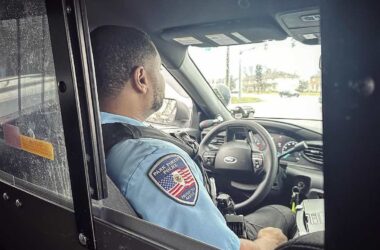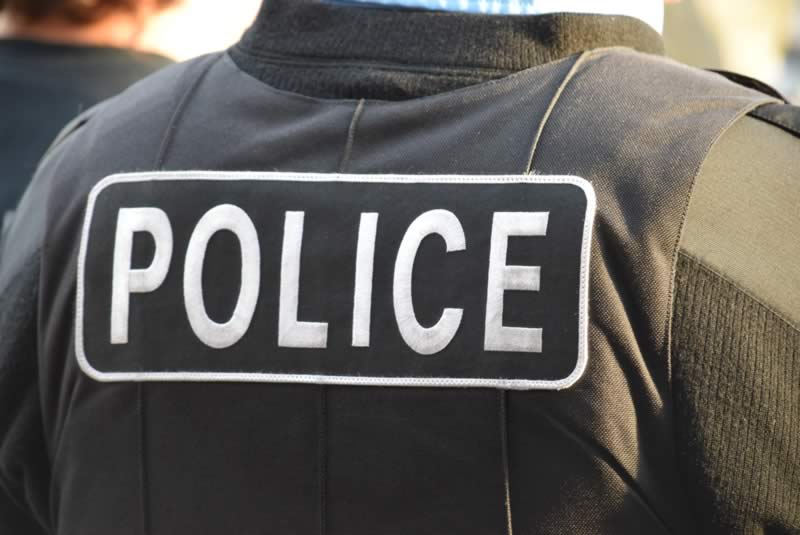Sacramento, CA–(ENEWSPF)–February 11, 2011. The performance of drug-sniffing dogs is significantly influenced by whether or not their handlers believe illicit substances are present, according to a study published in the January issue of the journal Animal Cognition.
Investigators at the University of California at Davis assessed the accuracy of 18 drug and/or explosive detection dog/handler teams in a four-room church. No drugs or target scents were present in any of the rooms, but handlers were falsely told that contraband was present in two of the rooms, each marked by a piece of red construction paper.
Authors reported 225 incorrect responses overall, but found that dogs were more likely to provide false alerts in rooms where their handlers believed that illicit substances were present.
“Handlers’ beliefs that scent was present potentiated handler identification of detection dog alerts,” investigators concluded. “This confirms that handler beliefs affect outcomes of scent detection dog deployments.”
The study’s authors speculated that the high rate of false alerts is because the dogs respond to subtle visual cues from their handlers.
“Dogs are exceptionally keen at interpreting subtle cues, so handlers need to be cognizant of that to optimize the overall team performance,” co-author Anita Oberbauer stated in a press release.
In 2005, the United States Supreme Court ruled in Illinois v. Caballes that an alert from a police dog during a traffic stop provides a constitutional basis for law enforcement to search the interior of the vehicle.
Source: norml.org








